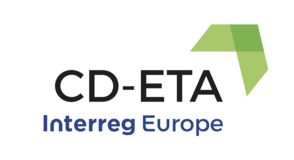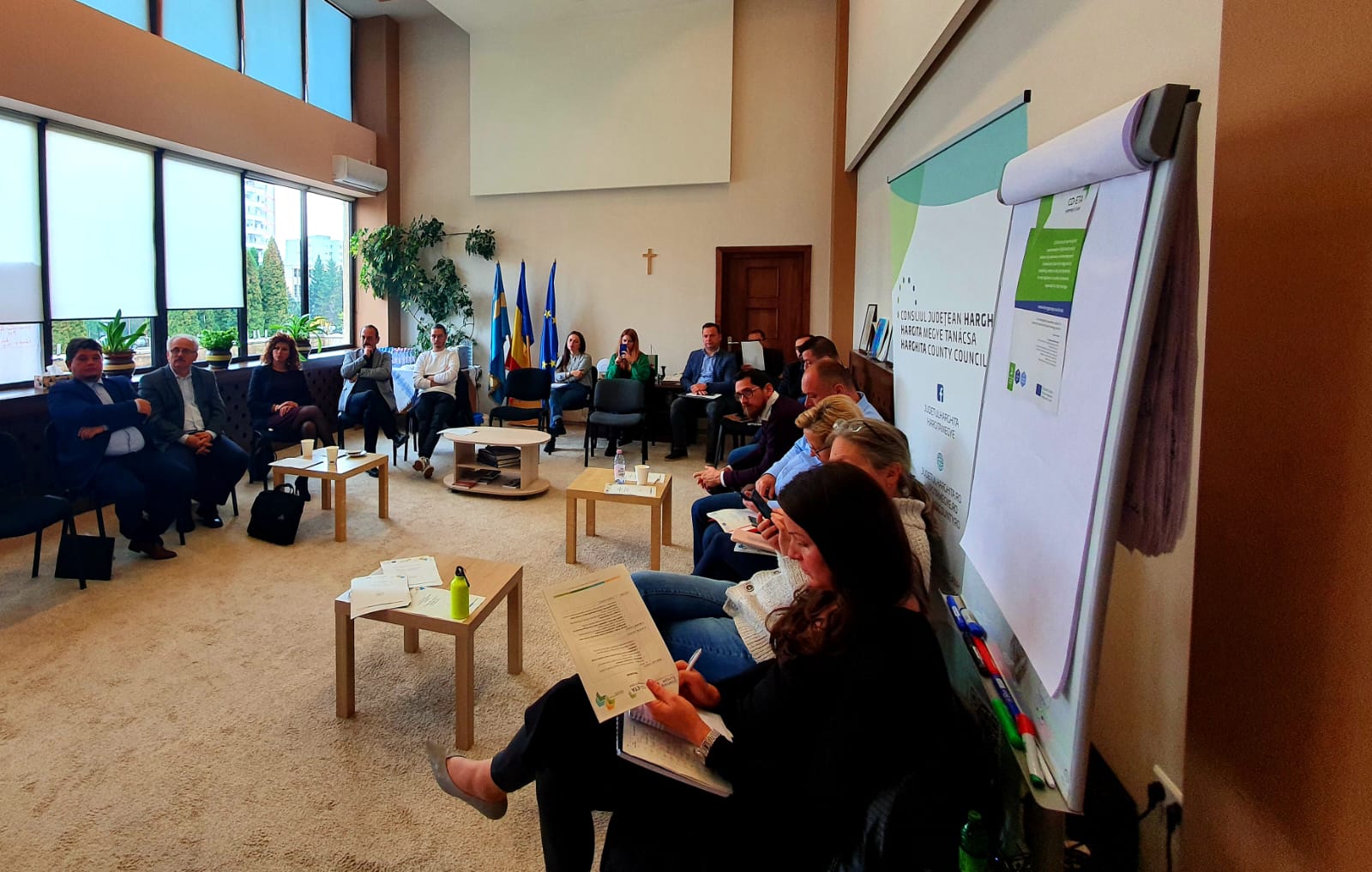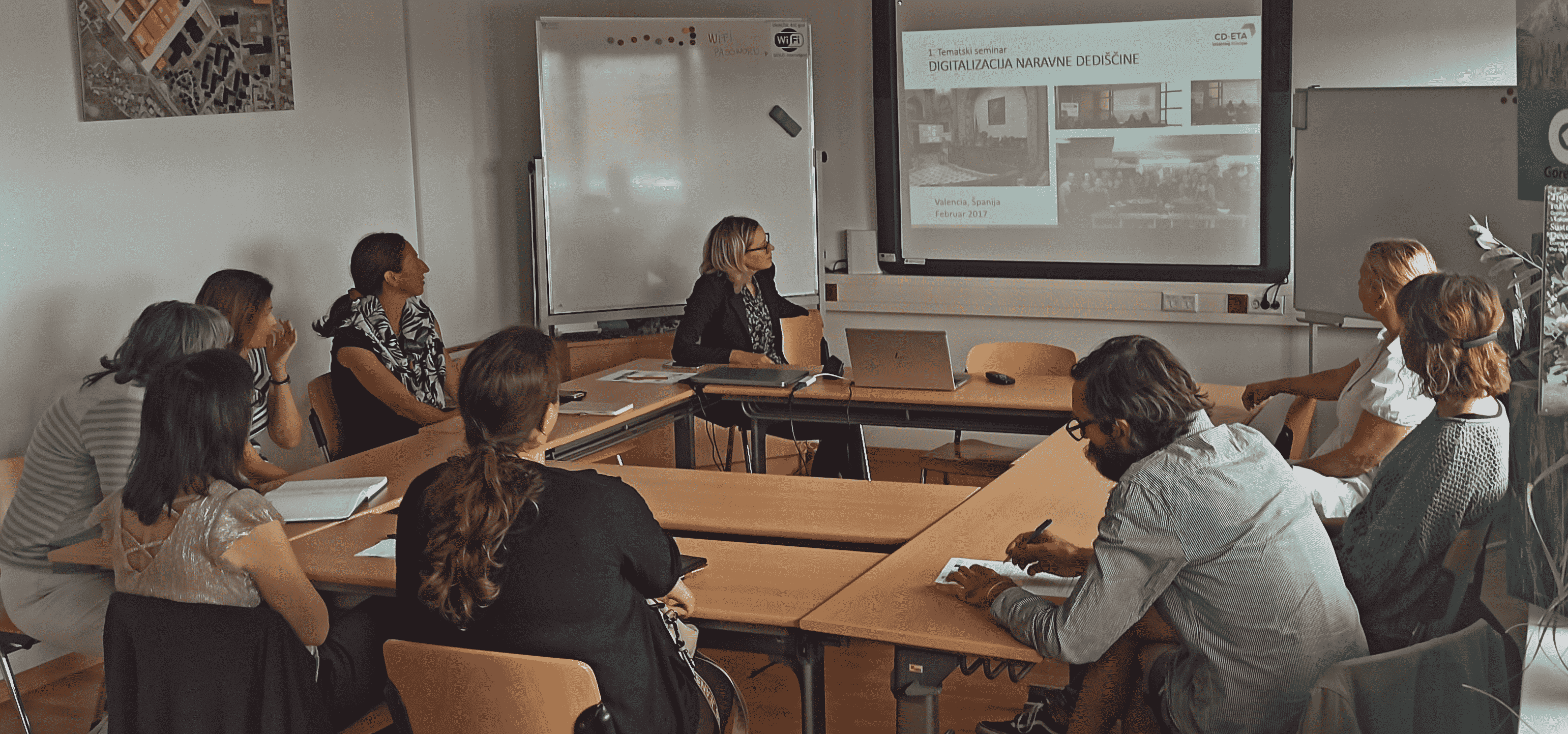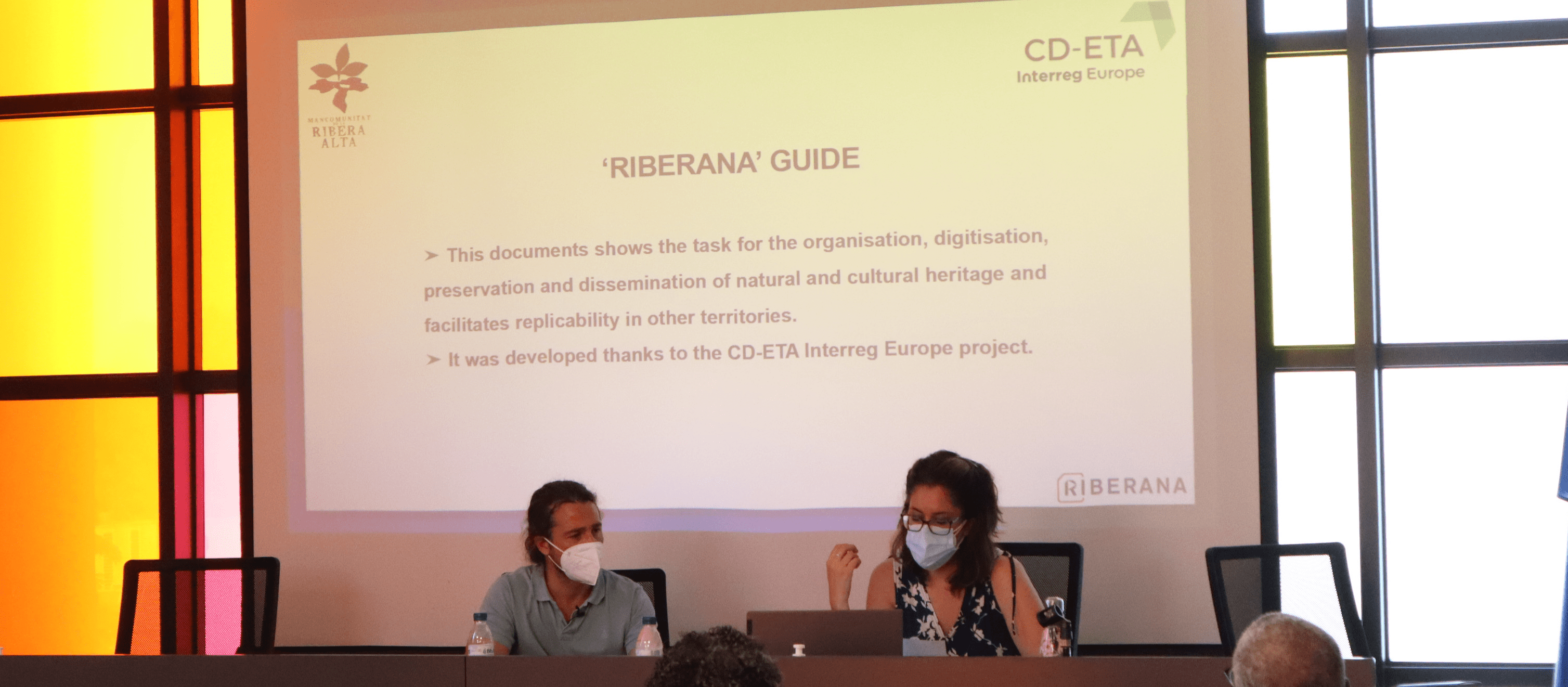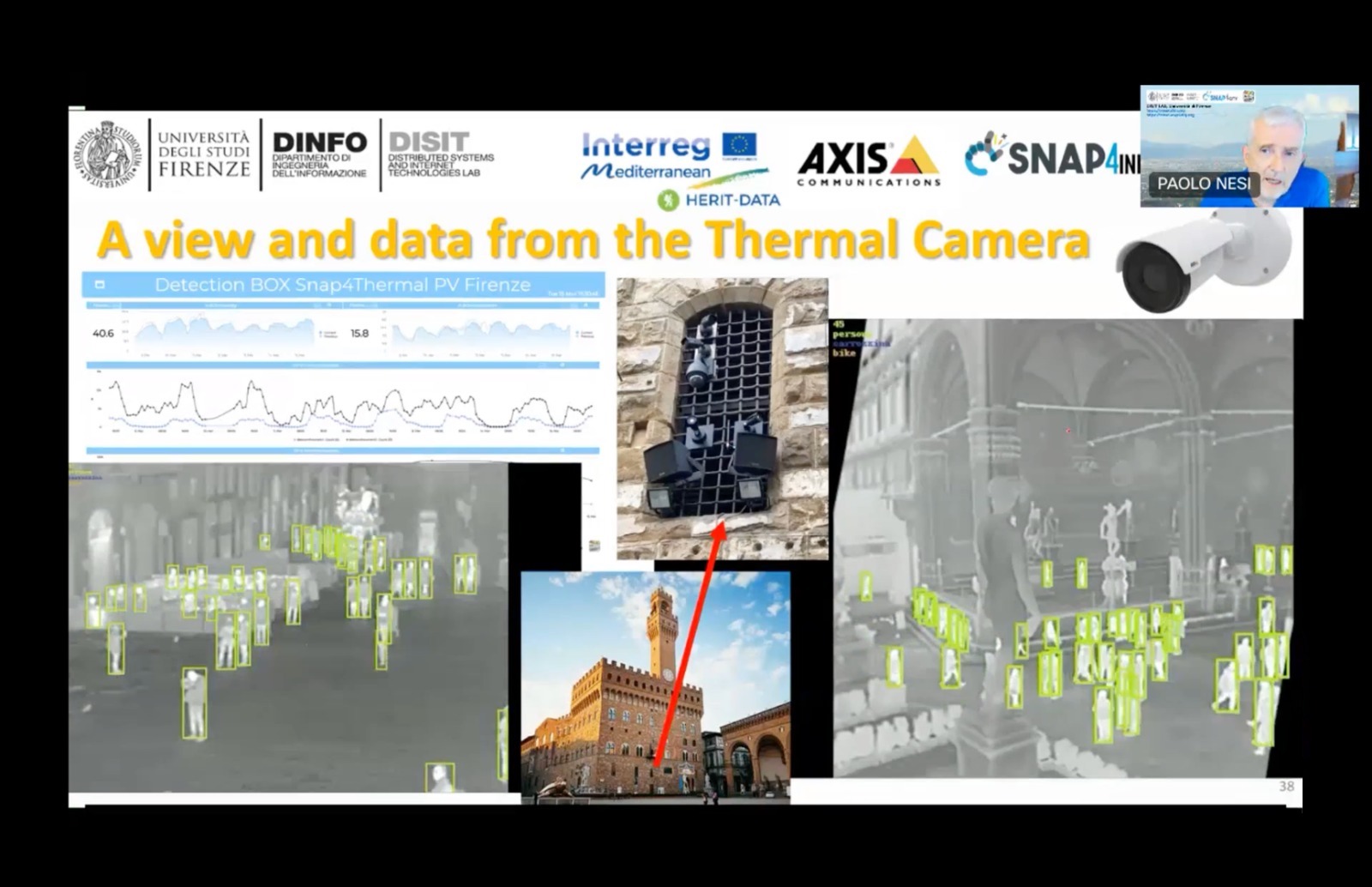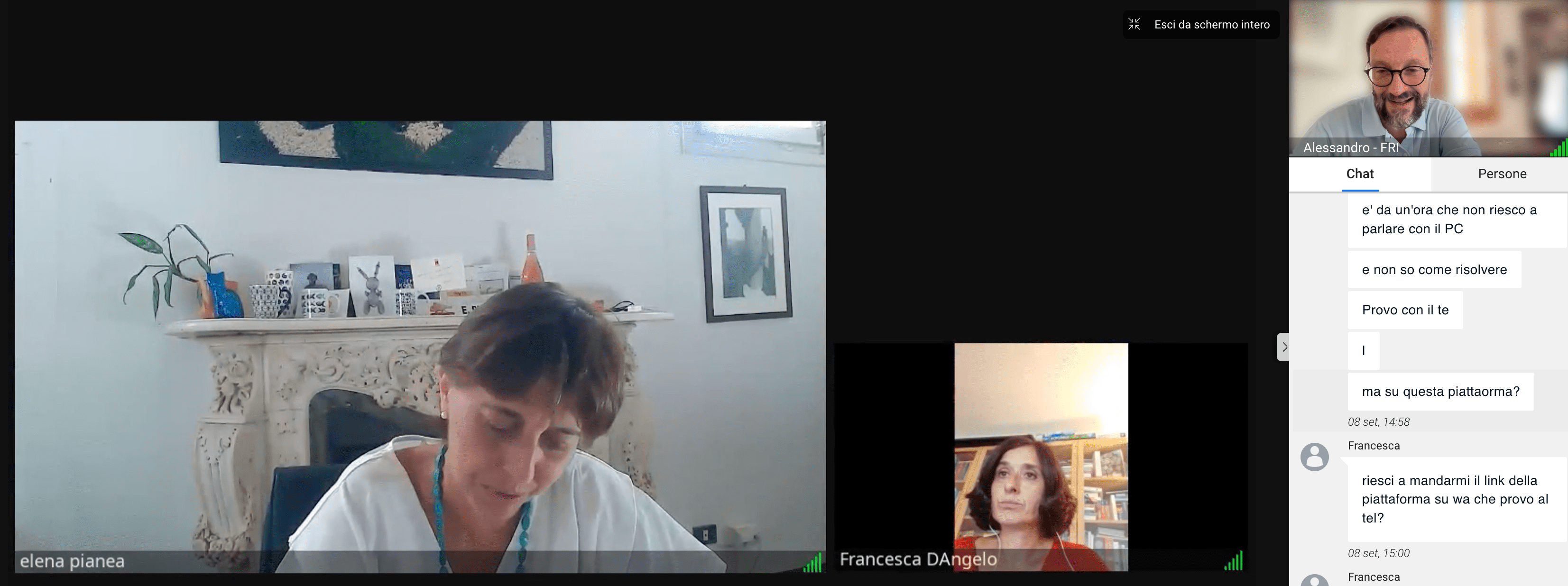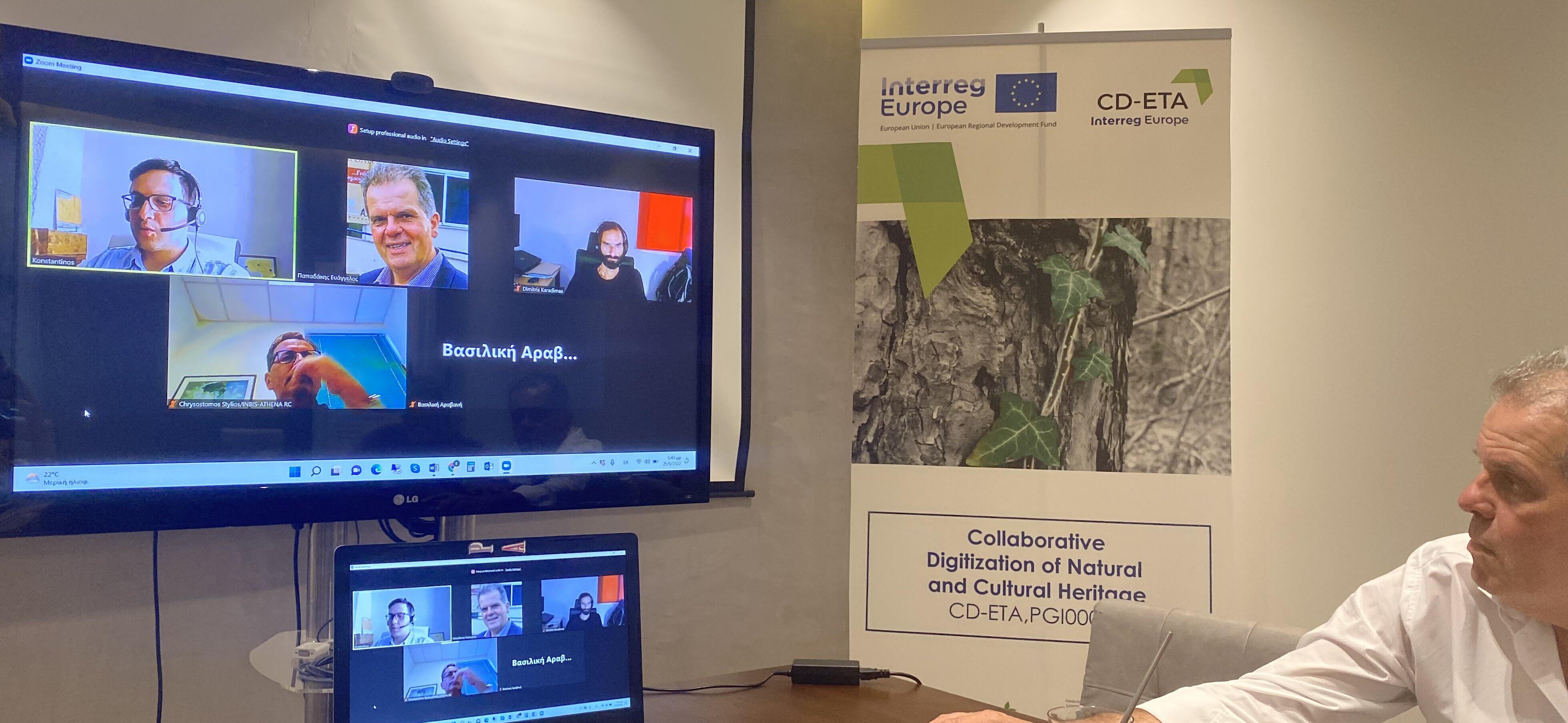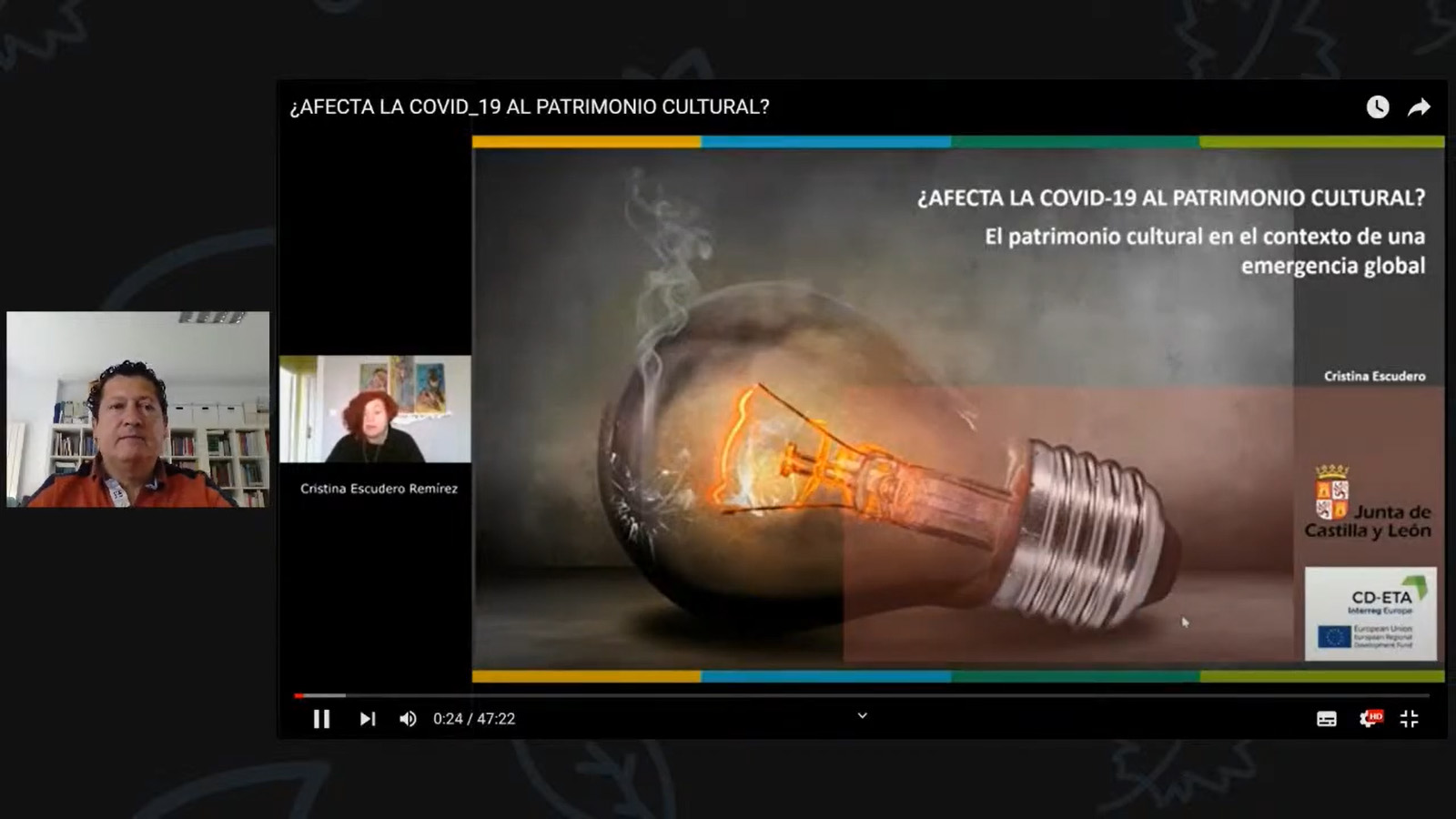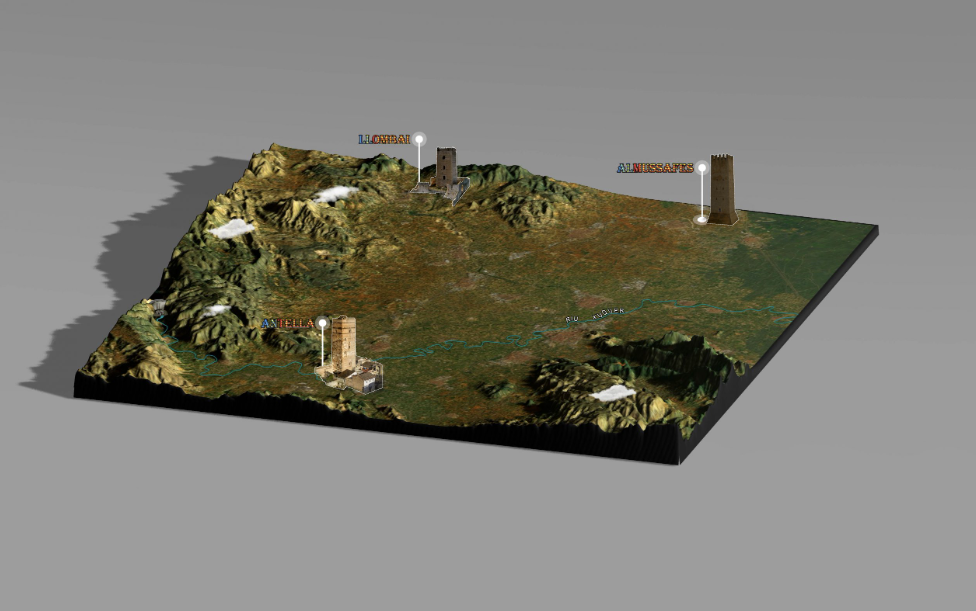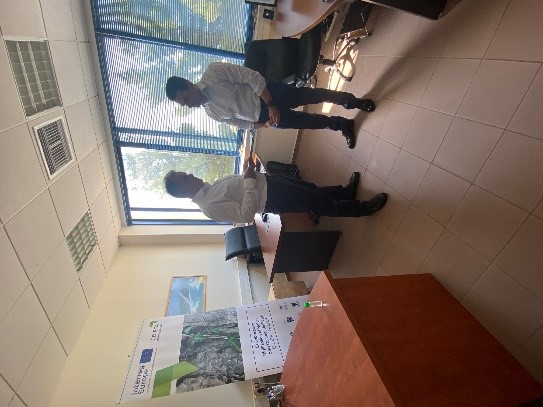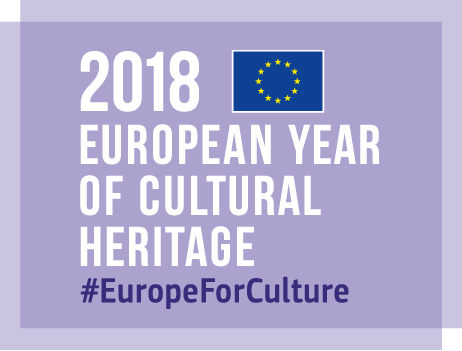With CD-ETA project Foundation for Research and Innovation, Florence – ITALY is always looking for innovation, new technologies and best practices through direct meetings with stakeholders from very different sectors.
The Stakeholders Meeting that took place online on June 16th, was functional in the search for a local stakeholder who could represent the Foundation for Research and Innovation during the 2nd Thematic Seminar that would take place a few days later, on June 28th. In this last period, FRI was witnessing a rapid reaction to the changes caused by COVID-19: the emergency has forced the acceleration of digital infrastructure in public services, commerce and education.
To meet the global challenge of the pandemic, models, products and solutions must be adapted to new habits. That is the reason why FRI decided to focus their Stakeholders Meeting on:
- new needs of cities in managing both the ordinary issues and the high tourist flows around cultural heritage attractions;
- use of new digital assets to support the specific world of artisans and craftsmanship in the pandemic period.
Two speakers shared they ideas with the target audience:
➡Paolo Nesi - DisitLab - DINFO - University of Florence ‘Cultural Heritage and Digital Twin’ . Paolo Nesi is full professor at DINFO, Department of Information Engineering of the University of Florence and Chair of DISIT Lab. Active since 1994, DISIT Lab and research group is one of the most active ICT labs of the University of Florence having successfully carried out a relevant number of International and National researches, development and innovation projects.
➡ Mario Puccione - BINOOCLE ‘Web3 in the world of craftsmanship and unique material goods’. Mario Puccione is CEO and Founder at BINOOCLE, an emerging start up based in Florence that promotes research to improve human well-being, believing that everyday experiences can give us useful information to get better lives. BINOOCLE applies advanced studies in Brain Sciences and Artificial Intelligence in business. Neuroscience is applied in different fields such as urbanization, transportation, sports and social performance, politics, finance but also art and design: any context where it is fundamental to understand the brain’s processes in relation to specific tasks.
